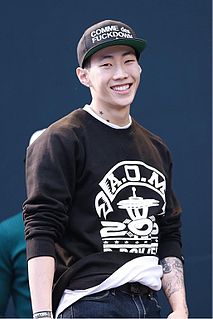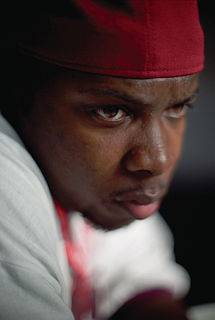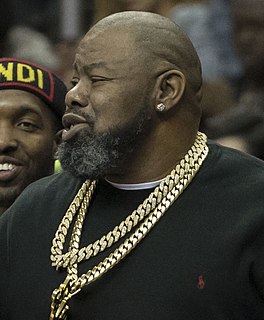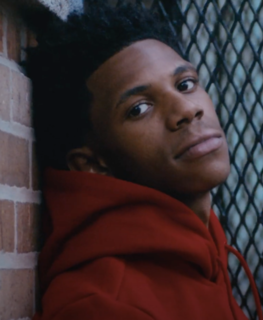A Quote by Jay Park
Someone at Tidal came to our show in New York in 2016, and I guess he was expecting, like, K-Pop. But he was surprised: he saw we were doing R&B and hip hop authentically.
Related Quotes
I grew up in the time just when cassettes were waning and CDs were growing. And so mix tapes - and not mix CDs - mix tapes were an important part of the friendship and mating rituals of New York adolescents. If you were a girl and I wanted you - to show you I like you, I would make you a 90-minute cassette wherein I would show off my tastes. I would play you a musical theater song next to a hip-hop song next to an oldie next to some pop song you maybe never heard, also subliminally telling you how much I like you with all these songs.
I think hip-hop has changed. When I first came out, hip-hop was more of a kind of way to learn about new places, new things. What are kids doing on the East coast, what are kids doing here. Then it left that and is like a party mode. I think it's going back to people wanting to get messages and wanting to learn things from the music.
My definition of hip hop is taking elements from many other spheres of music to make hip hop. Whether it be breakbeat, whether it be the groove and grunt of James Brown or the pickle-pop sounds of Kraftwerk or Yellow Magic Orchestra, hip hop is also part of what they call hip-house now, or trip hop, or even parts of drum n' bass.
Hip-hop ain't died because of the South, that's retarded. When I named the album originally, I thought I bit off more than I could chew but you'd be an idiot to think I'm talking about how the South killed hip-hop or how New York isn't where it should be or where it once was. It was like, "Damn, I need to explain this?" But I thought, "Nah, the proof is right there. We should know what it is." I expect the hip-hop audience to be avant garde. I want them to be where I'm at or beyond where I'm at.
There needs to be structures in place to do something about misrepresentation about hip hop. When awards are given out and the media talk about hip hop, they're confused because they haven't done their homework on it so you have a case where there's an award for the most pop song in the world and it's called 'hip hop'.


































